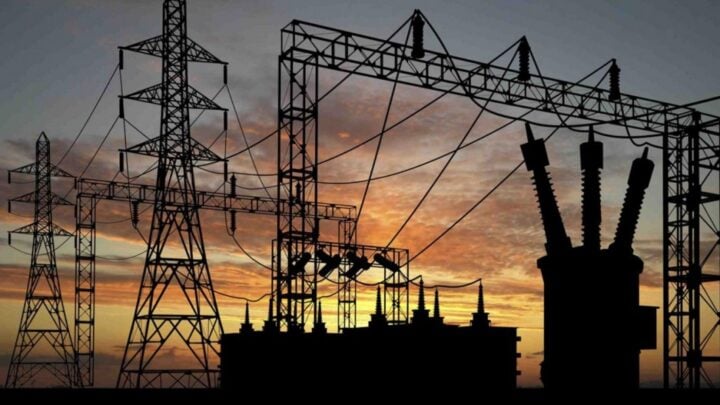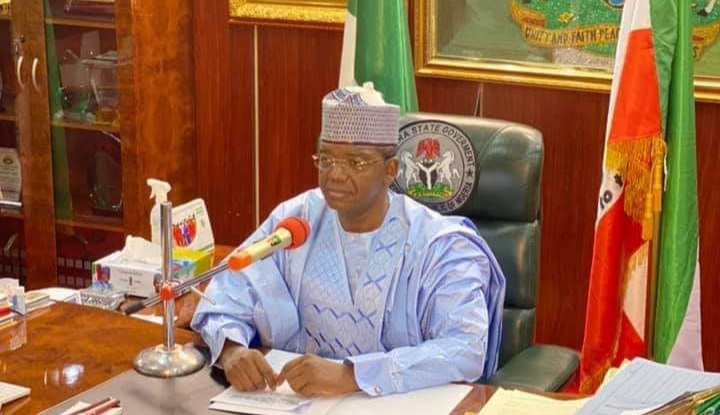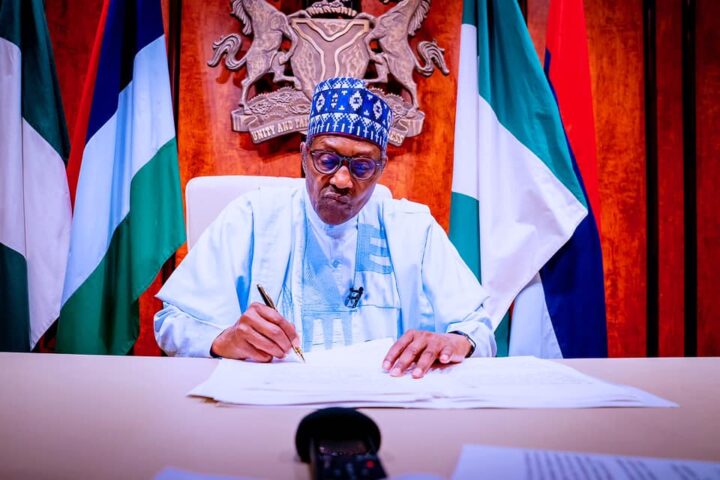The World Bank says solving Nigeria’s power problem will offer the nation an opportunity to tackle long-standing challenges and boost the economy.
The bank had said businesses in Nigeria lose about $29bn annually because of unreliable electricity.
In its latest report, “Nigeria Development Update: Resilience through Reforms,” the World Bank noted that the federal government has started implementing critical actions to address the power sector underperformance, threatening the nation’s post-pandemic recovery.
“To address the economic challenges that have arisen from the oil price shock and COVID-19, in July 2020, the FGN launched a N23 trillion (US$5.9 billion) Nigerian Economic Sustainability Plan (NESP),” the report reads.
Advertisement
“The NESP lays out an ambitious package of policy measures and programs to stimulate activity and create jobs through investments in agriculture, roads, renewables, and housing.
“But any economic recovery program will be severely challenged by minimal access to electricity, an insufficient power supply, and a financially unviable power sector.
“However, the focus on kick-starting the economy and the general push to place it on a stronger and more sustainable recovery path provides a new impetus to reforms in the sector.”
Advertisement
The report also noted that the national electrification project (NEP) was launched to improve the sector’s performance and increase access to reliable electricity across Nigeria.
“Nigeria is a critical member of the West Africa Power Pool (WAPP), the regional market launched in 2018, which can significantly improve the electricity supply not just in Nigeria but throughout all of West Africa.
“By the mid-2020s, it is expected that all 14 countries in the WAPP will be interconnected; efforts are already underway to increase the capacity of the network and to reinforce it in order to increase domestic supply and accrue the benefits of regional trade.”
The report advised Nigeria to improve its investment climate and clarify the monetary and fiscal policies that incentivise private investments in the power sector.
Advertisement
“Address constraints in the transmission and distribution segments and maintenance issues in a generation; upgrade, rehabilitate, and reinforce transmission lines,” the report added.
“Adopt a dual strategy to expand access to electricity service that involves off-grid access solutions, such as mini-grids and solar home systems.
“Focus on underserved rural populations and rural institutions, such as schools, health centres, and administrative buildings as well as rural businesses, farms, and enterprises for job creation and economic development.”
Advertisement
Add a comment






